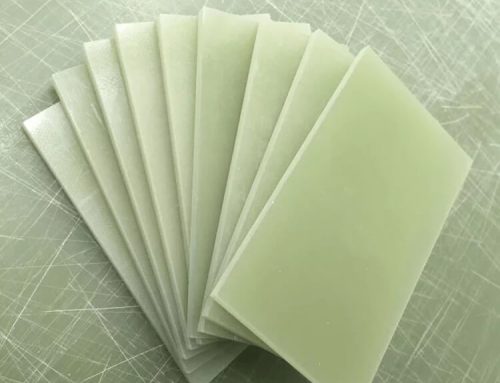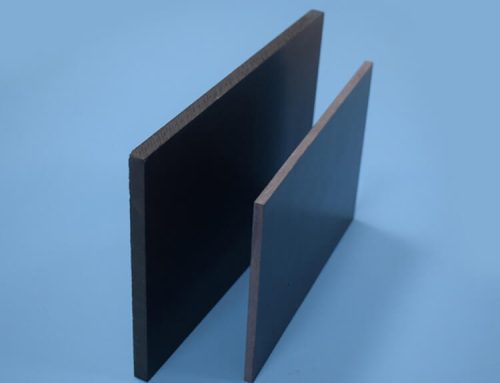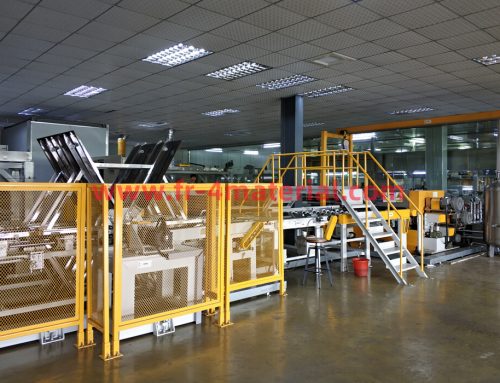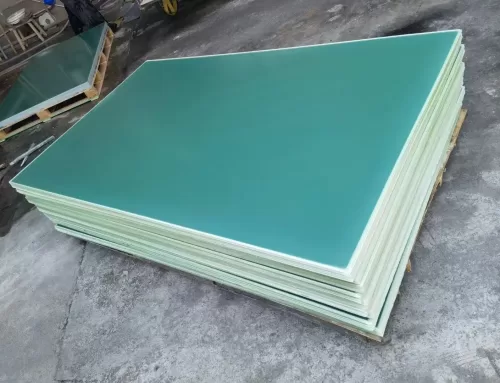Epoxy resin is favored for its good physical and chemical properties, and is widely used in our life for casting, impregnation, lamination, adhesive, coating and other purposes. So what is it? What are its characteristics?
All polymer compounds containing epoxy groups in the molecular structure are collectively referred to as epoxy resins. The cured epoxy resin has good physical and chemical properties, it has excellent bonding strength to the surface of metal and non-metal materials, good dielectric properties, small set shrinkage, good dimensional stability of products, high hardness, Good flexibility, stable to alkali and most solvents.
- Epoxy resin classification:
1.According to its main components, it is divided into pure epoxy resin adhesive and modified epoxy resin adhesive;
2.According to its professional use, it is divided into epoxy resin adhesives for machinery, epoxy resin adhesives for construction, epoxy resin adhesives for electronic eyes, epoxy resin adhesives for repairing, transportation adhesives, marine adhesives, etc.;
3.According to its construction conditions, it is divided into room temperature curing glue, low temperature curing glue and other curing glue;
4.According to its packaging form, it can be divided into one-component glue, two-component glue and multi-component glue, etc.; there are other classification methods, such as solvent-free glue, solvent-based glue and water-based glue. But at present, the classification of components is used more.
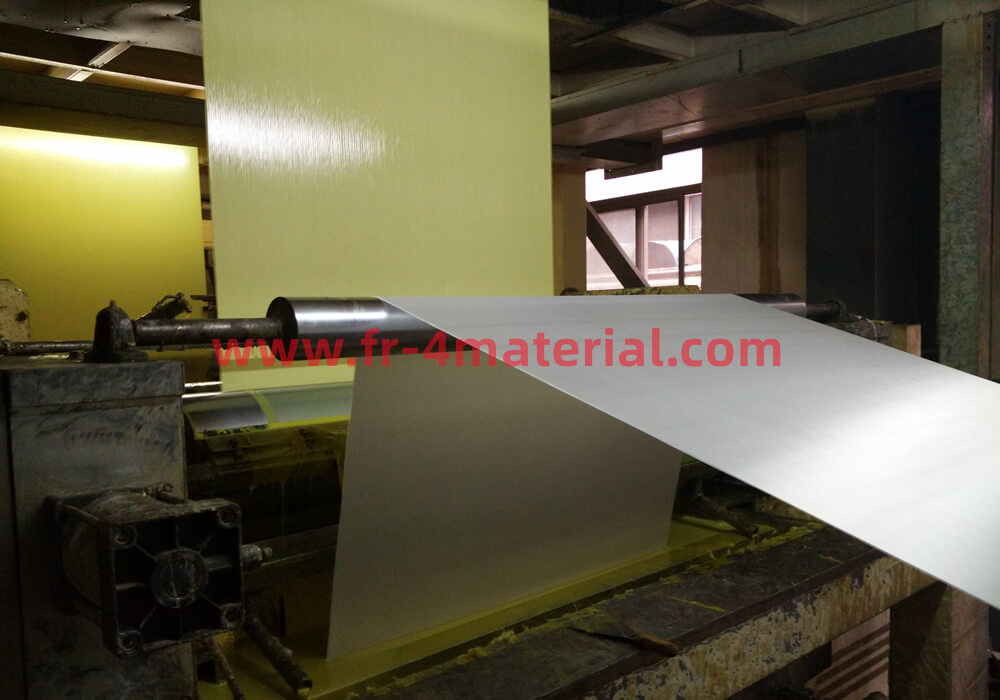
- Epoxy resin performance introduction:
1.High mechanical properties. Epoxy resin has strong cohesion and dense molecular structure, so its mechanical properties are higher than those of general-purpose thermosetting resins such as phenolic resin and unsaturated polyester.
2.Strong adhesion. The epoxy resin curing system contains extremely active epoxy groups, hydroxyl groups, and polar groups such as ether bonds, amine bonds, and ester bonds, which endow the epoxy cured product with polar groups such as metals, ceramics, glass, concrete, and wood. material with excellent adhesion.
3.Small curing shrinkage. Generally 1% to 2%. It is one of the varieties with the smallest curing shrinkage among thermosetting resins (phenolic resin is 8% to 10%; unsaturated polyester resin is 4% to 6%; silicone resin is 4% to 8%). The coefficient of linear expansion is also very small, generally 6×10-5/℃. So the volume changes little after curing.
4.Good workmanship. Epoxy resin basically does not produce low molecular volatiles during curing, so it can be low pressure molding or contact pressure molding. It can be used with various curing agents to produce environmentally friendly coatings such as solvent-free, high-solid, powder coatings and water-based coatings.
5.Excellent electrical insulation. Epoxy resin is one of the thermosetting resins with the best dielectric properties.
6.Good stability and excellent chemical resistance. Epoxy resin that does not contain impurities such as alkali and salt is not easy to deteriorate. As long as it is properly stored (sealed, protected from moisture and high temperature), its storage period is 1 year. After the expiration date, it can still be used if it passes the inspection. The epoxy cured product has excellent chemical stability. Its resistance to alkali, acid, salt and other medium corrosion performance is better than that of unsaturated polyester resin, phenolic resin and other thermosetting resins. Therefore, epoxy resin is widely used as an anti-corrosion primer, and because the cured epoxy resin has a three-dimensional network structure and is resistant to impregnation of oil, etc., it is widely used in oil tanks, oil tankers, and integral fuel tank linings of aircraft.
7.The heat resistance of the epoxy cured product is generally 80 to 100°C. The heat-resistant varieties of epoxy resin can reach 200℃ or higher.
8.Good crack resistance. If epoxy resin is painted on the bottom surface of the wall, it will form a good crack resistance and shockproof effect.

